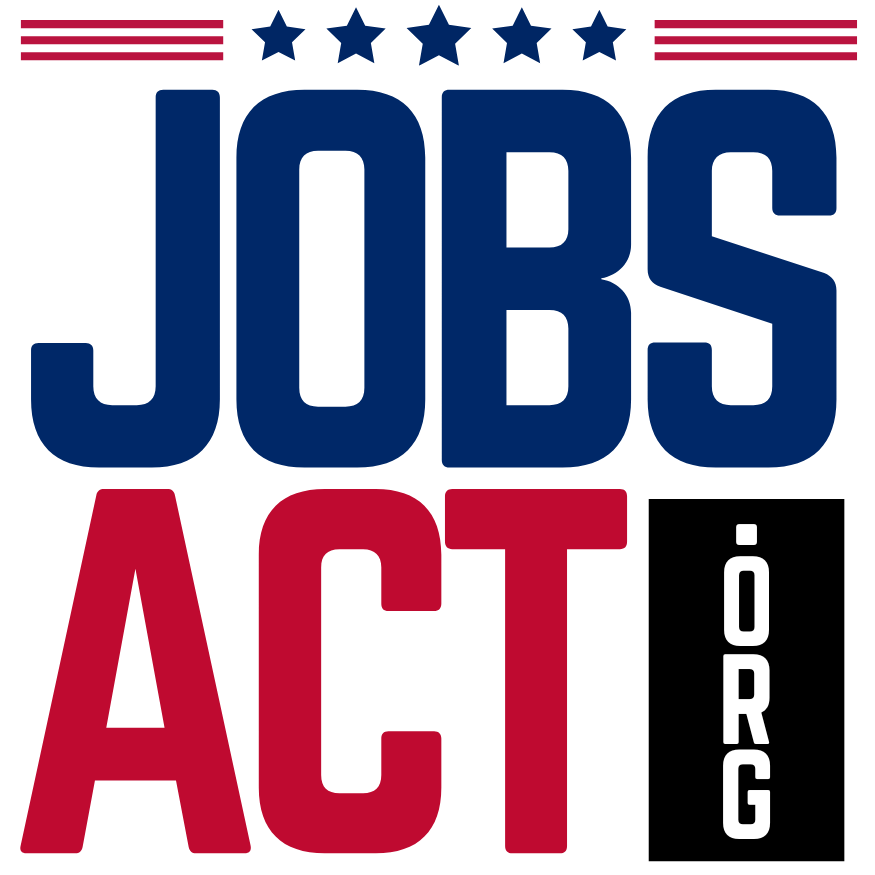
JOBS Act
The JOBS Act.
The JOBS Act (Jumpstart Our Business Startups Act) is a U.S. law that was signed into law on April 5, 2012. Its primary goal is to encourage the funding of small businesses and startups by easing securities regulations. The law aims to make it easier for smaller companies to raise capital by reducing the regulatory burden that typically comes with securities offerings.
Here’s a summary of the key provisions of the JOBS Act:
1. Title I – Raising Capital for Small Businesses
-
On-Ramp for Emerging Growth Companies (EGCs): The law allows emerging growth companies (EGCs), which are companies with annual gross revenues of less than $1 billion, to benefit from reduced regulatory requirements when going public. This includes:
-
Delaying the requirement to comply with certain regulations (e.g., Sarbanes-Oxley) for up to 5 years.
-
Exemptions from certain financial disclosures.
-
Reduced auditing and reporting requirements.
-
-
Easier Access to Capital: EGCs can more easily raise funds through public offerings, making it easier for startups and smaller businesses to access capital.
2. Title II – Access to Capital for Job Creators
-
General Solicitation and Advertising: Title II allows companies to publicly advertise and solicit investments from accredited investors (those with significant wealth). Prior to this, companies were limited in how they could solicit investments. This provision is intended to increase investment in private companies and startups by allowing for broader marketing of offerings.
3. Title III – Crowdfunding
-
Equity Crowdfunding: One of the most well-known parts of the JOBS Act, Title III allows companies to raise capital through online crowdfunding platforms in exchange for equity. This means that small businesses and startups can now raise up to $1 million per year from the general public (non-accredited investors).
-
Investor Limits: Non-accredited investors can invest up to a certain limit based on their income and net worth, with the goal of preventing overexposure to risky investments.
-
Crowdfunding Platforms: These investments must be made through SEC-registered crowdfunding platforms that serve as intermediaries between the investors and the companies.
4. Title IV – Small Company Capital Formation (Regulation A+)
-
Expansion of Regulation A: Title IV enhances and expands Regulation A (Reg A+), which previously allowed small companies to raise capital without going through a full public offering. It allows companies to raise up to $50 million (increased from $5 million) through a public offering without being subject to the full SEC registration requirements.
-
Two-Tier System: Regulation A+ creates two tiers for offerings:
-
Tier 1: For offerings up to $20 million, with less stringent requirements.
-
Tier 2: For offerings up to $50 million, with more extensive reporting requirements.
-
-
Ease of Access: This provision aims to make it easier for small companies to access capital while offering protections for investors.
5. Title V and VI – Increase in Shareholder Thresholds
-
Increase in Shareholder Limits: Titles V and VI raise the thresholds at which a company is required to register with the SEC. Under previous rules, a company was required to register with the SEC once it had 500 shareholders. These titles raised that limit to:
-
Title V: 2,000 shareholders (for private companies).
-
Title VI: 500 shareholders who are non-accredited investors.
-
These changes are intended to help small businesses avoid the burdens of public company registration requirements while still being able to raise capital from a larger pool of investors.
6. Other Key Provisions
-
Private Offerings: The JOBS Act allows for greater flexibility in raising capital through private offerings, including increasing the number of investors a company can have before being required to register with the SEC.
-
Enhanced Transparency: While the JOBS Act aims to ease the regulatory burden on small businesses, it also ensures that certain disclosures and protections are maintained, particularly for investors.
Impact of the JOBS Act:
-
Increased Access to Capital: The JOBS Act opened up new avenues for raising funds for small businesses, particularly through crowdfunding and eased IPO (Initial Public Offering) processes for emerging growth companies.
-
Encouraged Investment in Startups: By allowing general solicitation and crowdfunding, the JOBS Act has encouraged investment in startups, which traditionally had limited access to capital markets.
-
Improved Flexibility for Small Businesses: The law has created more opportunities for small companies to grow and access the capital they need to expand.

JobsAct.org is a privately owned website and is not affiliated with any government entity or agency. It is intended solely for informational purposes. The site is operated by America’s Real Deal, a groundbreaking business competition reality TV show where businesses compete to raise capital from investors, while the audience also has the chance to purchase products, and invest through equity crowdfunding.